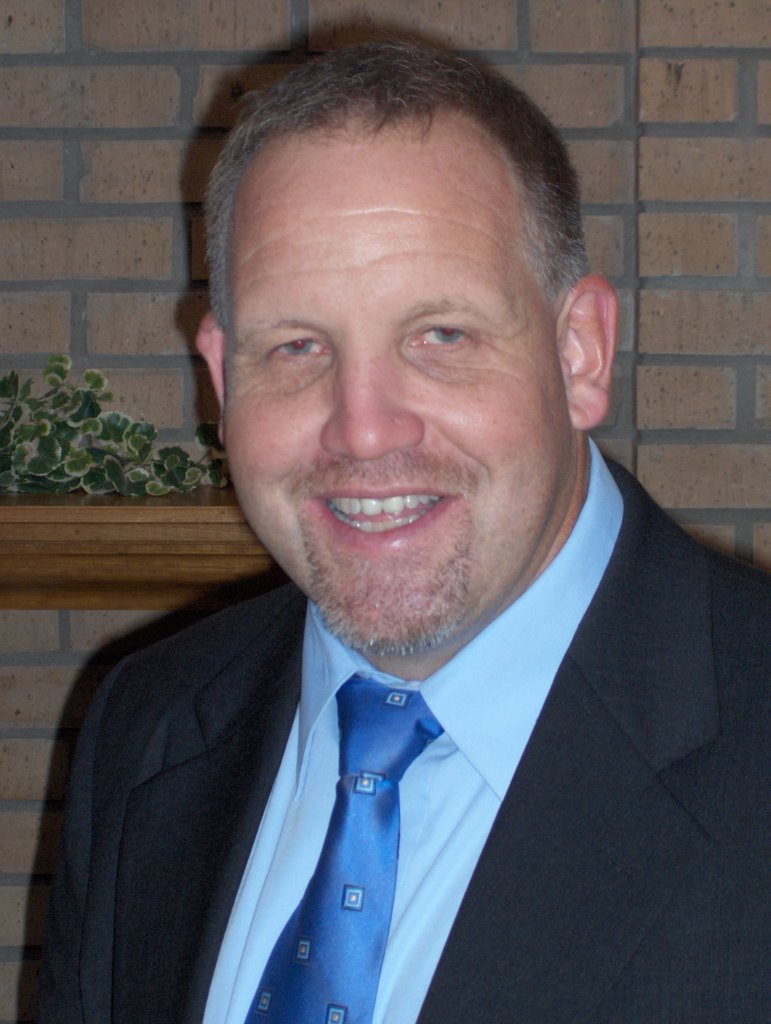Part of my preparation for my second residency for my Doctor of Ministry degree at Gordon-Conwell Theological Seminary is the requirement that I read the book, “Culture Shift: Communicating God’s Truth to Our Changing World.” It is written by David W. Henderson and it is the most practical book on how to reach other people for Jesus. If you are wondering why people do not care about your faith and your Jesus, then you will want to read this book.
The book is a wake-up call for Christians to seriously work hard at fulfilling the Great Commission of Jesus. Matthew 5.13 and 14 that we are the salt of the earth and the light of the world. How can we bring preserving flavor and light to our world?
Thus, if each person decides what is “true” about God, then they will have little time or tolerance for those who claim to have the ultimate truth about a relationship with God. Back in the mid 1970’s when I was in high school; some of us after youth group would sometimes drive to the Westroads Mall (in Omaha here) and witness to strangers using “The Four Spiritual Laws”. We found out that most people were willing to listen to us as we nervously shared from the tract.
Now that we are in the 21st century, many people may not be as open for a total stranger to talk to them about their need for a savior. The problem just isn’t with the Christians sharing about Jesus. Self-absorbed individualism has allowed people to isolate themselves. Thus, the building of meaningful relationships becomes more and more difficult. As a matter of fact, many Americans are not very connected at all with other people. Three out of four Americans do not know the people who live next door to them. One out of seven people do not even know the name of their neighbors (pg. 103).
So how do we communicate God’s truth and love to others? Well, there can still be a place for using a gospel tract, but only after a relationship has been established with people. And this requires the investment of work and time.
“…it is crucial that we befriend non-Christians, winning our way into their distracted hearts and busy schedules. That means spending the kind of time with them that lets us get to know each other; having them over for a cookout, watching their kids play in a high school game; feeding their fish and collecting their mail while they’re on vacation, all while waiting and praying for the opportunity to comfortably and naturally talk about our faith” (pg. 114).

